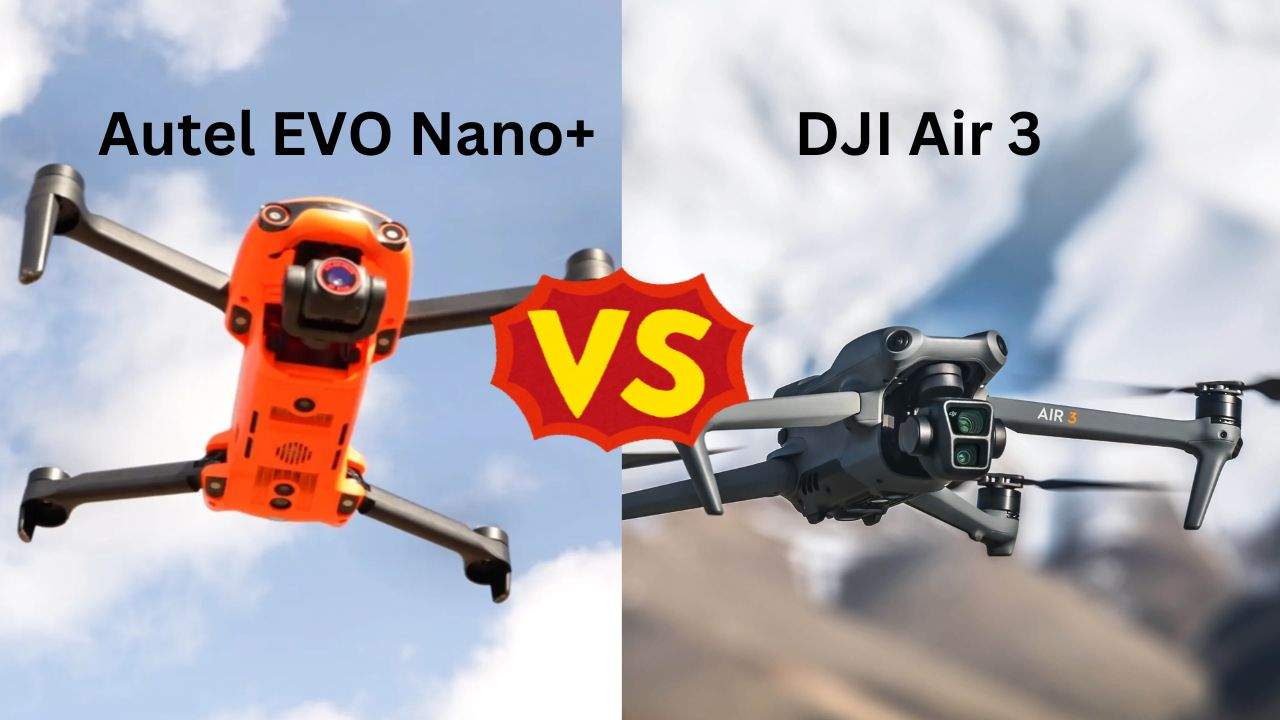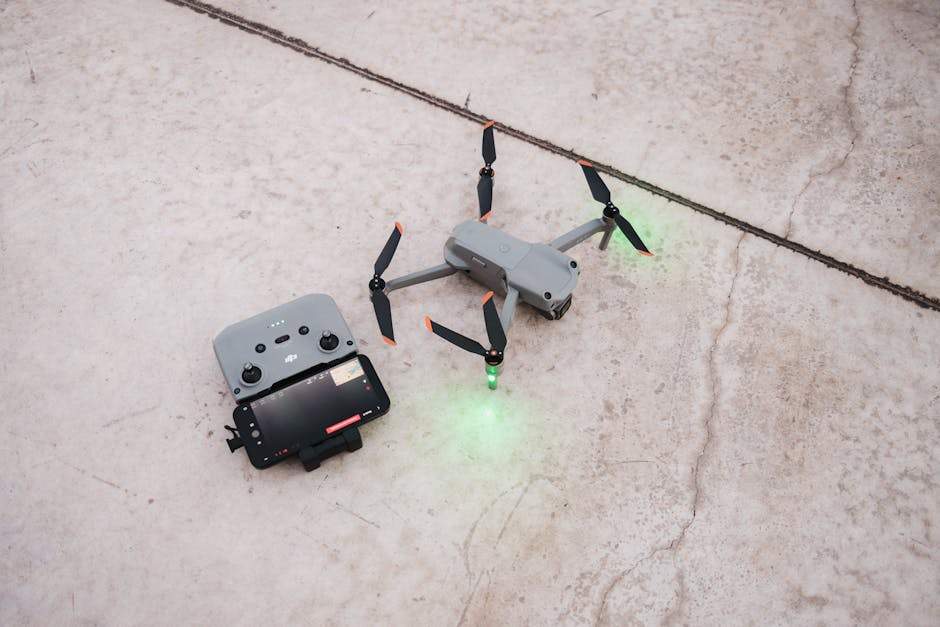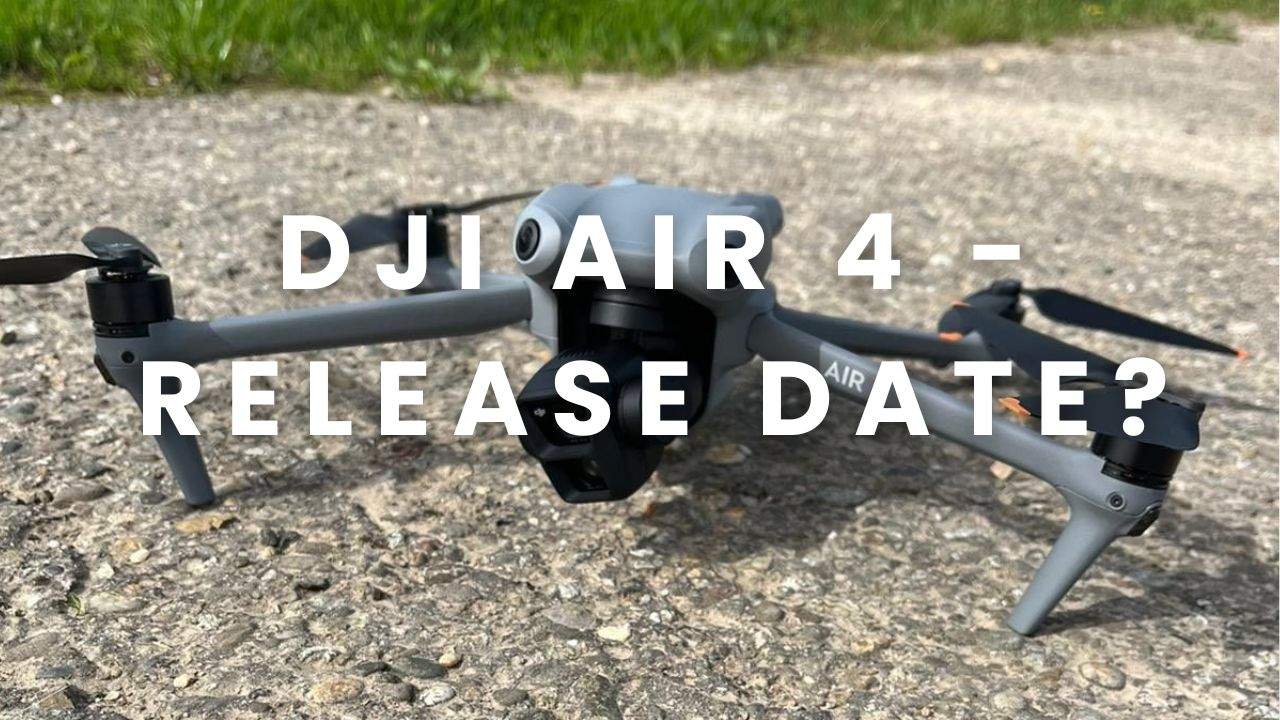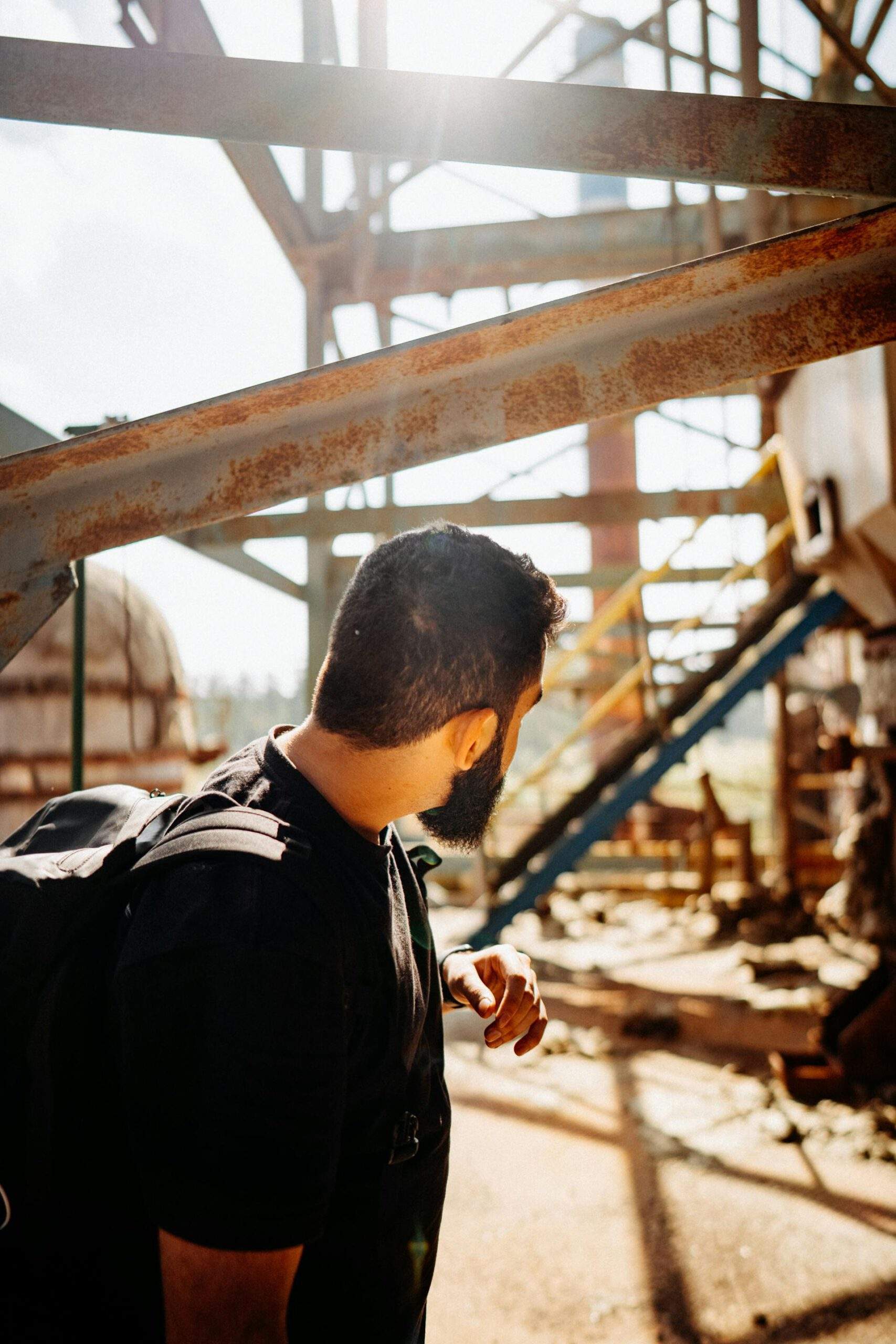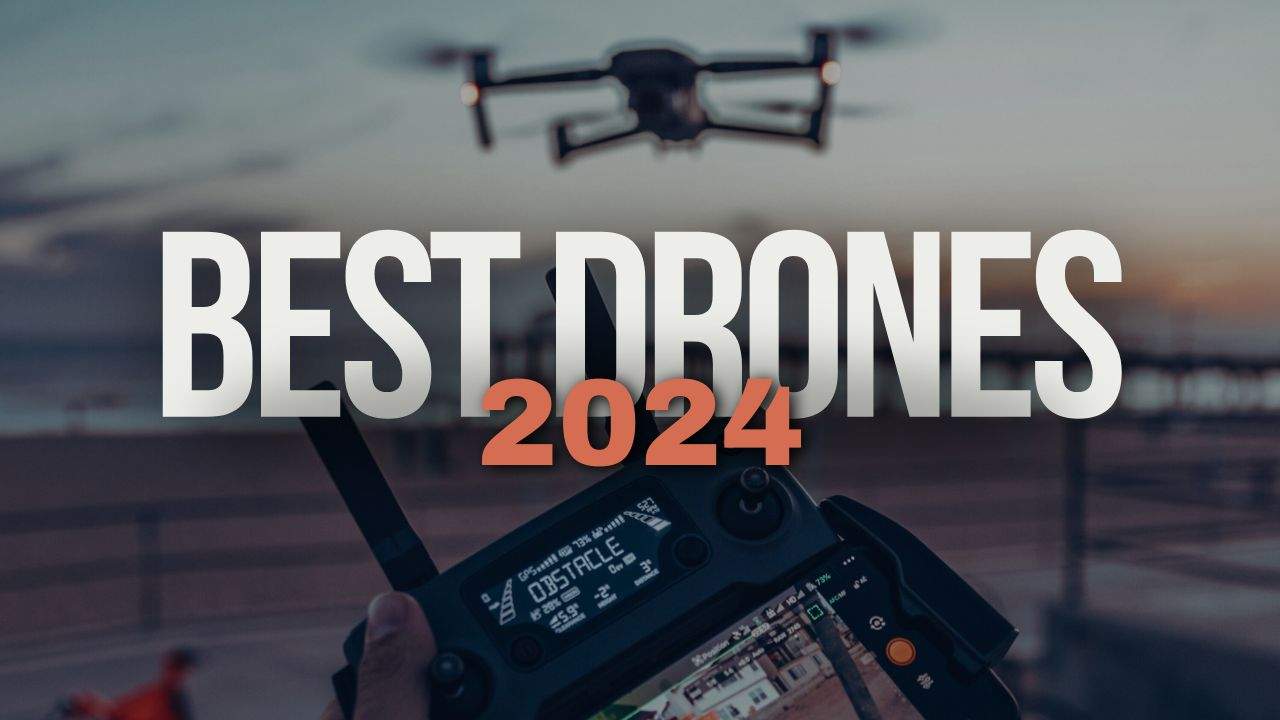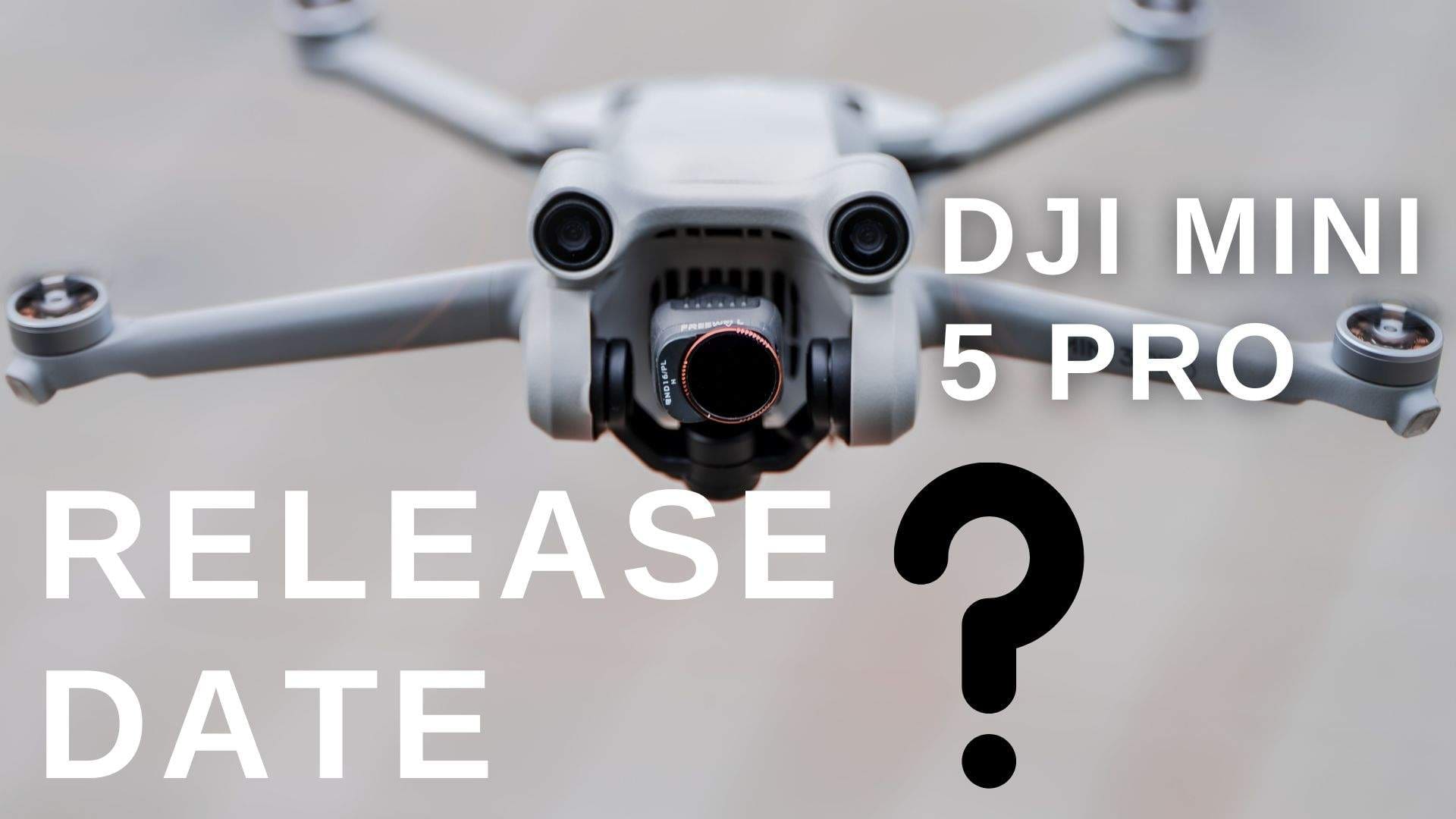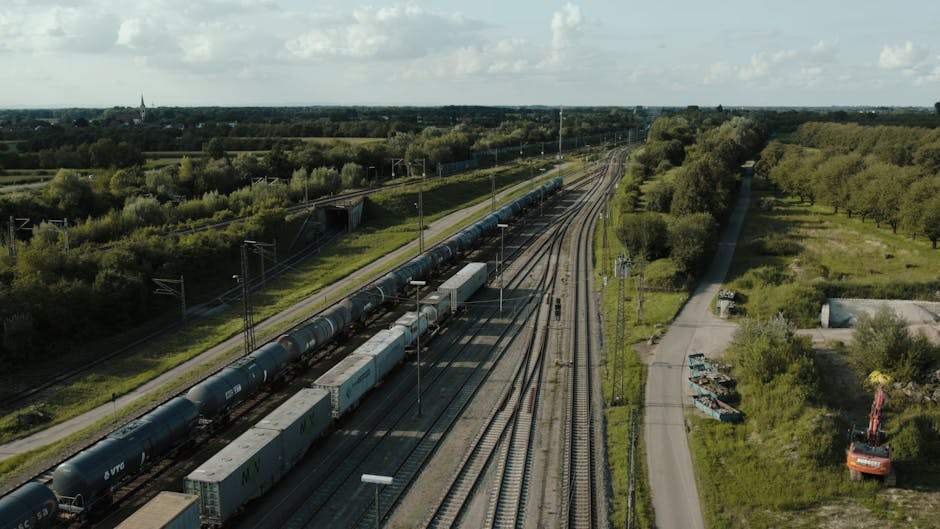In most countries, the primary factor that determines whether you need a license to fly a drone is the weight and purpose of use. Drones designed for recreational use and weighing less than 250 grams often don’t require a license, especially if they don’t have a camera or other recording equipment. However, as drone technology becomes more advanced, many lightweight drones come equipped with cameras, so additional rules may apply depending on your location.
Key Factors That Affect Drone Licensing
- Weight: Lighter drones (usually under 250 grams) tend to have fewer restrictions. However, drones heavier than 2 kg generally require a pilot certification or license.
- Camera and Recording Equipment: In some countries, even lightweight drones with cameras may require a special permit.
- Purpose of Use: Flying a drone for commercial purposes typically requires more stringent regulations than for recreational use, regardless of the drone’s weight.
Drone Regulations Around the World
Germany
In Germany, drones weighing less than 250 grams without recording equipment can be flown without a license. However, if the drone has a camera or weighs more than 250 grams, additional regulations apply. Drones above 2 kg require a special license. Additionally, for drones weighing more than 250 grams, registration and proper identification of the drone (drone-ID) are mandatory.
USA
In the United States, the Federal Aviation Administration (FAA) oversees drone regulations. Drones under 250 grams do not need to be registered for recreational use, but if you’re flying for commercial purposes, registration and certification (Part 107 license) are required. Drones that weigh more than 250 grams must be registered, even for recreational use.
UK
In the UK, drones weighing less than 250 grams can be flown without registration, unless they have a camera. Drones equipped with cameras, even if under 250 grams, require the operator to have a flyer ID and an operator ID. For drones above 250 grams, both registration and certification are necessary, regardless of the drone’s intended use.
France
France has some of the more lenient drone regulations for lightweight drones. Drones under 800 grams used for recreational purposes do not require a license. For heavier drones or for commercial use, drone operators need to complete pilot training and register their drones with the relevant authorities.
Canada
In Canada, drones that weigh between 250 grams and 25 kilograms must be registered, and the operator needs to obtain a drone pilot certificate for both recreational and commercial use. However, drones weighing less than 250 grams can be flown without a license or registration.
Important Considerations When Flying Drones Without a License
Regardless of where you’re flying, even if you don’t need a license, there are still strict rules you need to follow. These include:
- Avoid restricted areas: Flying near airports, military installations, or in national parks is often prohibited.
- Respect privacy: Drones equipped with cameras should be used responsibly to avoid infringing on the privacy of others.
- Maintain line-of-sight: Most countries require that you keep the drone within your visual line of sight at all times.
- Follow height restrictions: Many countries limit the maximum altitude for drone flights, often set at 120 meters (400 feet) to avoid interference with manned aircraft.
What happens if they catch me piloting without a license?
If you are caught flying a drone without complying with local regulations, the consequences vary depending on the country and the severity of the infraction. Common consequences include:
1. Fines
- In most countries, being caught flying a drone without proper certification, registration, or in restricted areas will result in fines. These fines can range from minor amounts for small infractions to significant penalties for major violations.
- Germany: Fines can range from €50 for minor infractions to as high as €50,000 for serious violations, like flying in restricted areas or endangering public safety.
- USA: The FAA may impose fines up to $27,500 for civil violations and even higher amounts if criminal charges are involved.
2. Confiscation of Equipment
- Authorities may confiscate your drone if you’re caught flying without proper documentation or in prohibited areas, especially if the drone poses a risk to public safety or privacy.
3. Criminal Charges
- In extreme cases, such as flying near airports, military installations, or violating national security laws, you could face criminal charges. This may result in heavier fines, community service, or even imprisonment.
4. Loss of Flying Privileges
- If caught repeatedly or in serious violation of drone laws, you may be banned from flying drones, or authorities may revoke any certifications or licenses you hold.
5. Insurance Issues
- If you’re flying commercially and are caught without the required permits, insurance companies may refuse to cover damages or accidents that occur while flying illegally.
In summary, penalties range from fines and confiscation to potential criminal charges, so it’s important to understand and follow the regulations in your area before flying a drone.
Conclusion
Navigating the world of drone regulations is essential for anyone looking to fly safely and legally. While flying without a license may be possible for lightweight, recreational drones, the rules can be complex and vary greatly from country to country. Understanding local requirements is not just about avoiding fines; it’s about ensuring the safety of others and respecting privacy laws. Ignoring these rules can lead to severe penalties, including hefty fines, confiscation of your equipment, and in extreme cases, even criminal charges.
My Advice
Before you fly, take the time to research the regulations in your country. If you’re traveling, make sure to check the rules in your destination to avoid unintended violations. Always prioritize safety and responsibility—ensure your drone is registered if necessary, stay within permitted areas, and respect privacy at all times. By adhering to the rules, you’ll not only protect yourself from legal consequences but also help promote responsible drone use, contributing to the longevity and growth of the hobby.




